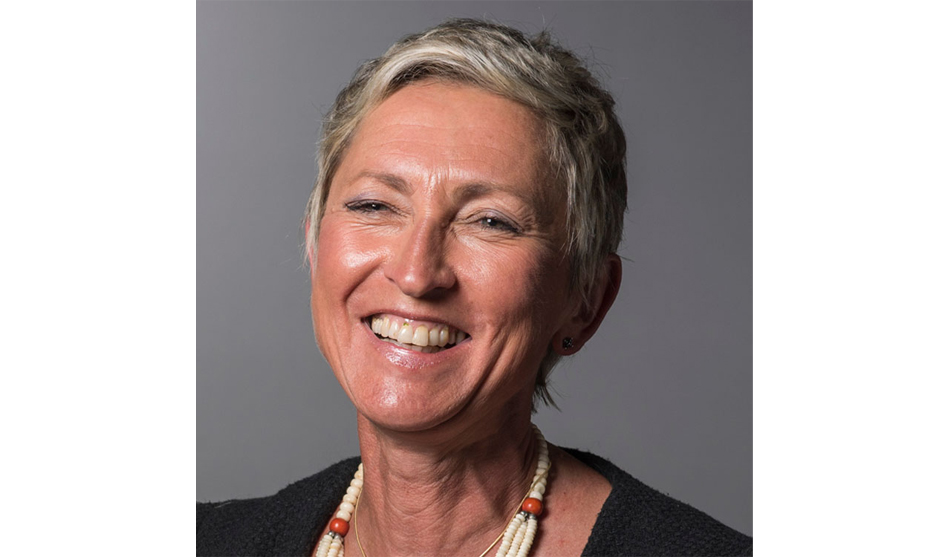
Dr. Linda-Gail Bekker, principal investigator for the South African part of the lencapavir study
A clinical trial underway in South Africa and Uganda has shown that a twice-yearly injection of a new PrEP drug gives young women total protection from HIV infection, according to a July 10 report at ScienceAlert.com, republished from The Conversion.
The trial was designed to test whether a six-month injection of lenacapavir provides better protection than two other PrEP drugs, both of which are daily pills. The trial included 5,000 participants at three sites in Uganda and 25 sites in South Africa.
In eastern and southern areas of Africa, most new HIV infections are among young women, and these young women “find a daily PrEP regimen challenging to maintain for a number of social and structural reasons,” Linda-Gail Bekker, principal investigator for the South African part of the study told ScienceAlert.com’s Nadine Dreyer.
This was a randomized controlled trial sponsored by Gilead Sciences and tested, first, whether lencapavir was safe and would provide better protection against HIV than Truvada F/TDF in women ages 16-25.
It also tested whether Descovy F/TAF was as effective as F/TDF. F/TAF is a smaller pill and is in use among men and transgender women in high-income countries.
Bekker said, “During the randomised phase of the trial none of the 2,134 women who received lenacapavir contracted HIV. There was 100 percent efficiency. By comparison, 16 of the 1,068 women (or 1.5 percent) who took Truvada (F/TDF) and 39 of 2,136 (1.8 percent) who received Descovy (F/TAF) contracted the HIV virus.
“The results at a recent independent data safety monitoring board review led to the recommendation that the trial’s ‘blinded’ phase should be stopped and all participants should be offered a choice of PrEP.”
Bekker noted that there were 1.3 million new HIV infections globally in the past year, adding, “although that’s fewer than the 2 million infections seen in 2010, it is clear that at this rate we are not going to meet the HIV new infection target that UNAIDS set for 2025 — fewer than 500,000 globally — or potentially even the goal to end AIDS by 2030.”
She continued, “For young people, te daily decision to take a pill or use a condom … can be very challenging. HIV scientists hope that young people may find that having to make this ‘prevention decision’ only twice a year may reduce unpredictability and barriers. For a young woman who struggles to get an appointment at a clinic in a town or who can’t keep pills without facing stigma or violence, an injection just twice a year is the option that could keep her free of HIV.”
Moving forward, Bekker said, the Purpose 1 trial will continue in an “open label” phase allowing participants to choose which form of PrEP they want to take. A sister trial is also being conducted in several regions among cisgender men and transgender and nonbinary people who have sex women men. “It is important to conduct trials among different groups because we have seen differences in effectiveness. Whether the sex is anal or vaginal is important and pay have an impact on effectiveness.”
Gilead is expected to submit the test dossiers to regulators in various countries within the next couple of months, and the World Health Organization will also review the data and “may issue recommendations,” Bekker said.
“We hope then that this new drug will be adopted into WHO and country guidelines,” she said, adding that “Price is a critical factor” and that Gilead has said it will offer licenses to companies that make generic drugs “which is another critical way to get prices down. In an ideal world, governments will be able to purchase this affordably and it will be offered to all who want it and need protection against HIV.”
